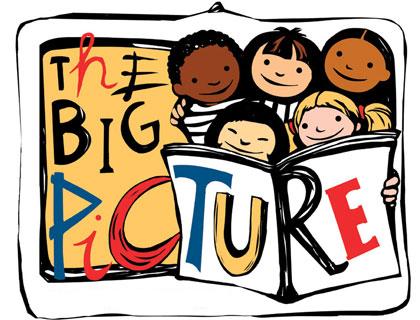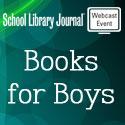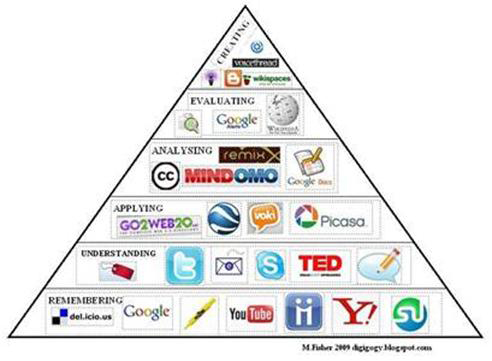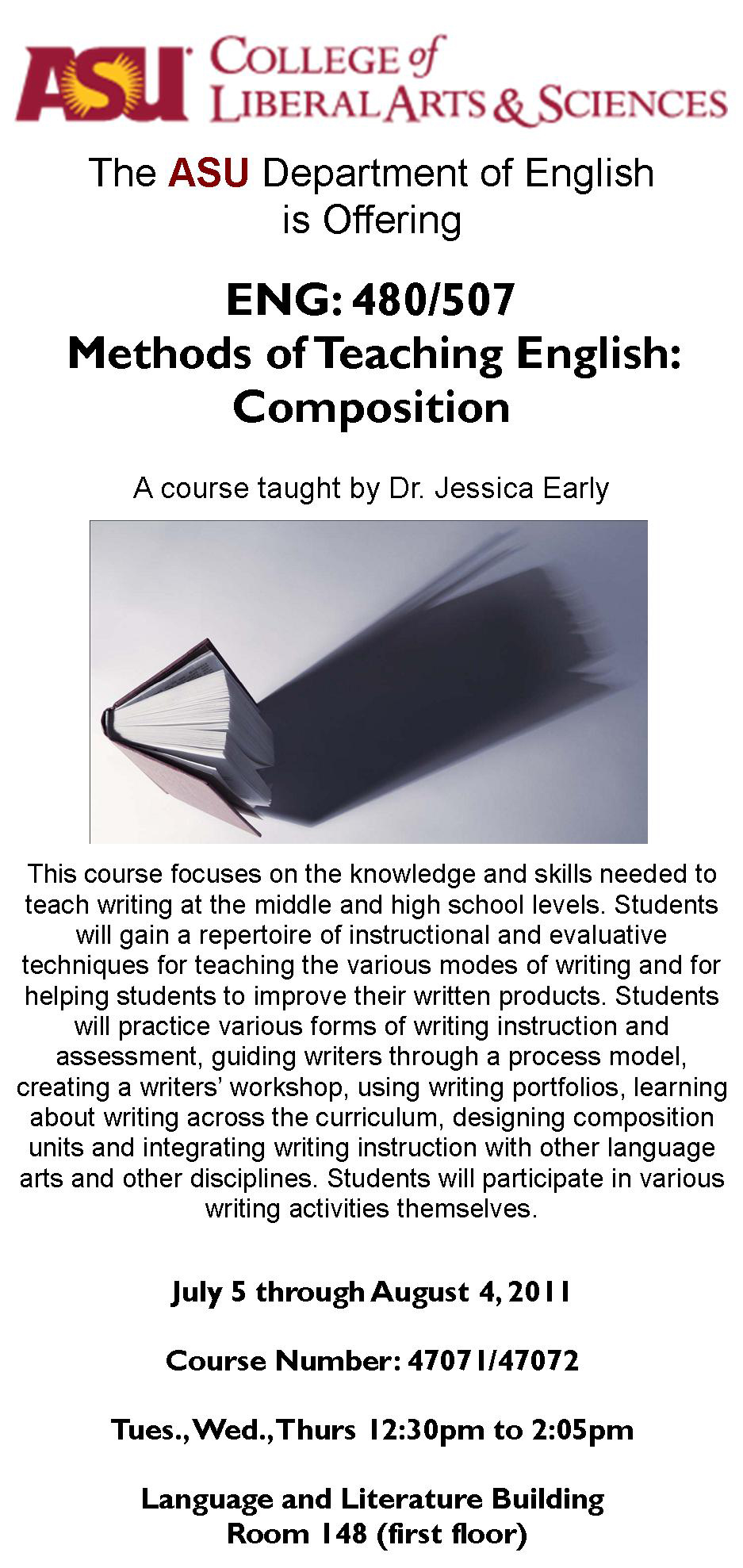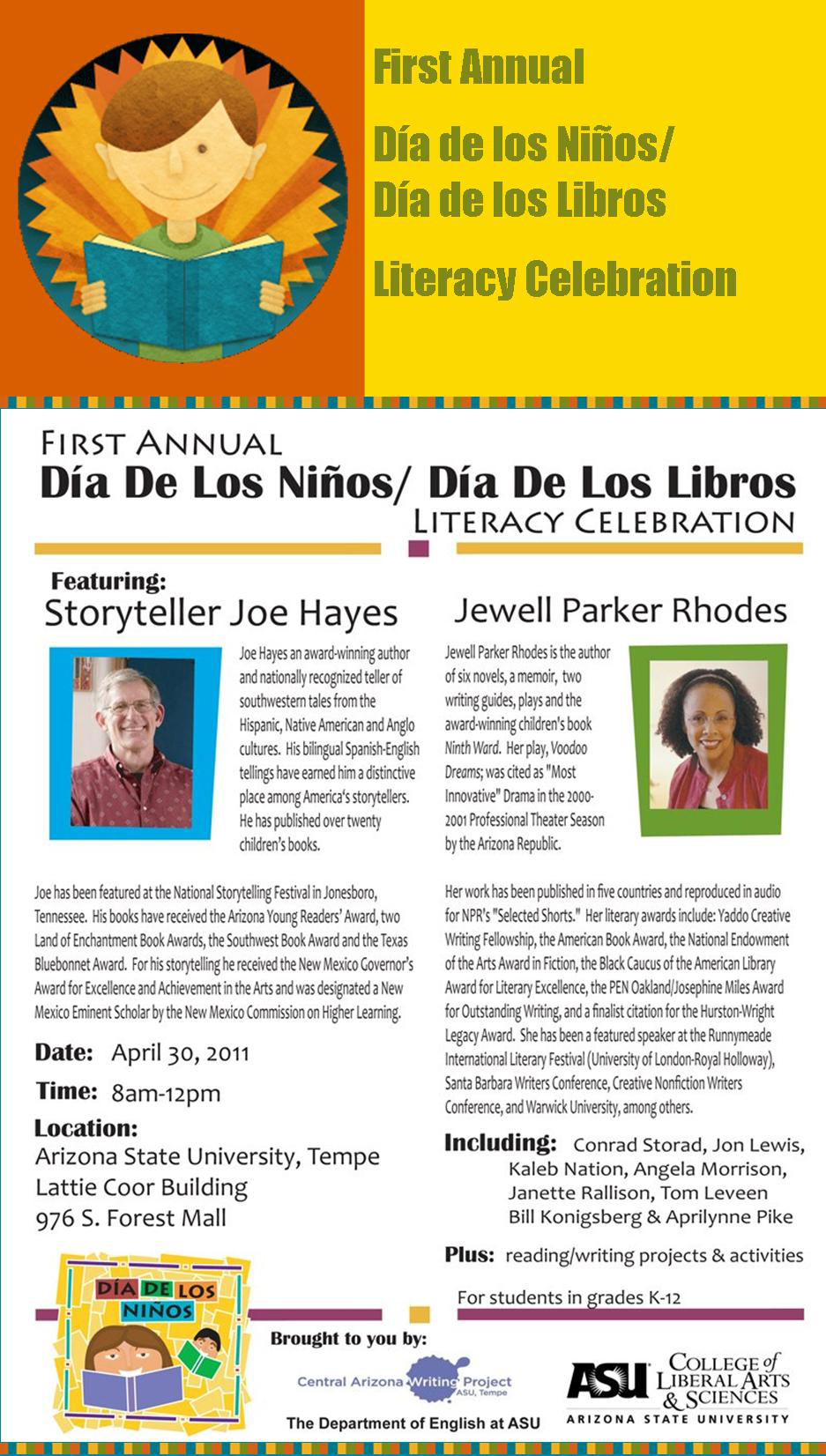10 Tips & Tactics to entice Reluctant Readers
From Shaping Youth – Aug. 27, 2011: Last week the NYTimes Arts Beat ran a solid session on reluctant readers with an extra oomph of focus on boys, GuysRead.comstyle tips about literacy lag and an interesting video of uber-authors James Patterson (Read, Kiddo, Read project; the Maximum Ride series) and Rick Riordan (the Percy Jackson series). Aside from the NYTimes’ sensationalized “Boys and Reading: Is There Any Hope?” headline which seemed to be a self-defeating hook to glean more eyeballs, it DID make me think a lot about the messages pummeling kids about reading as if it were a Mary Poppins tune “Just a SpoonRead More →

